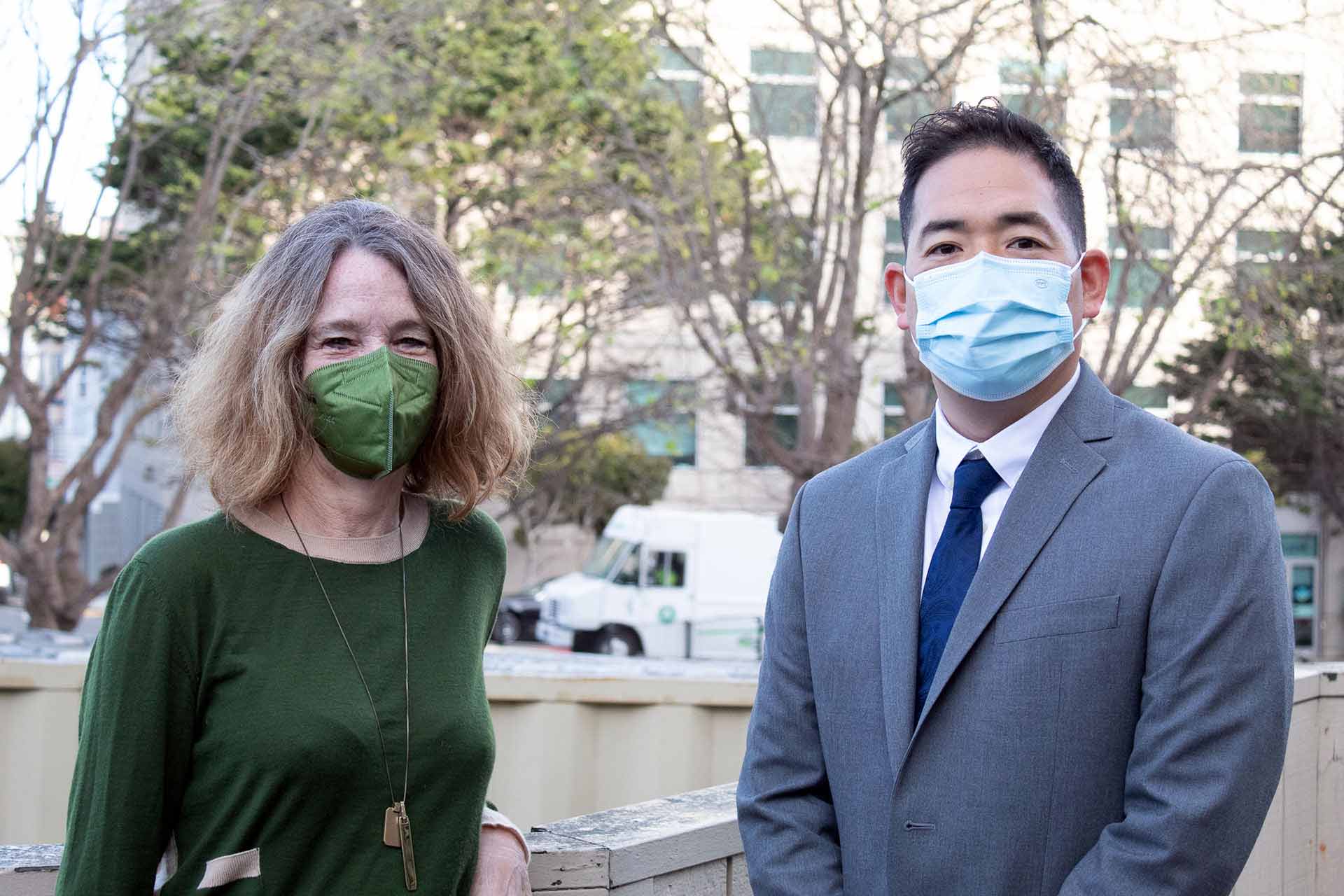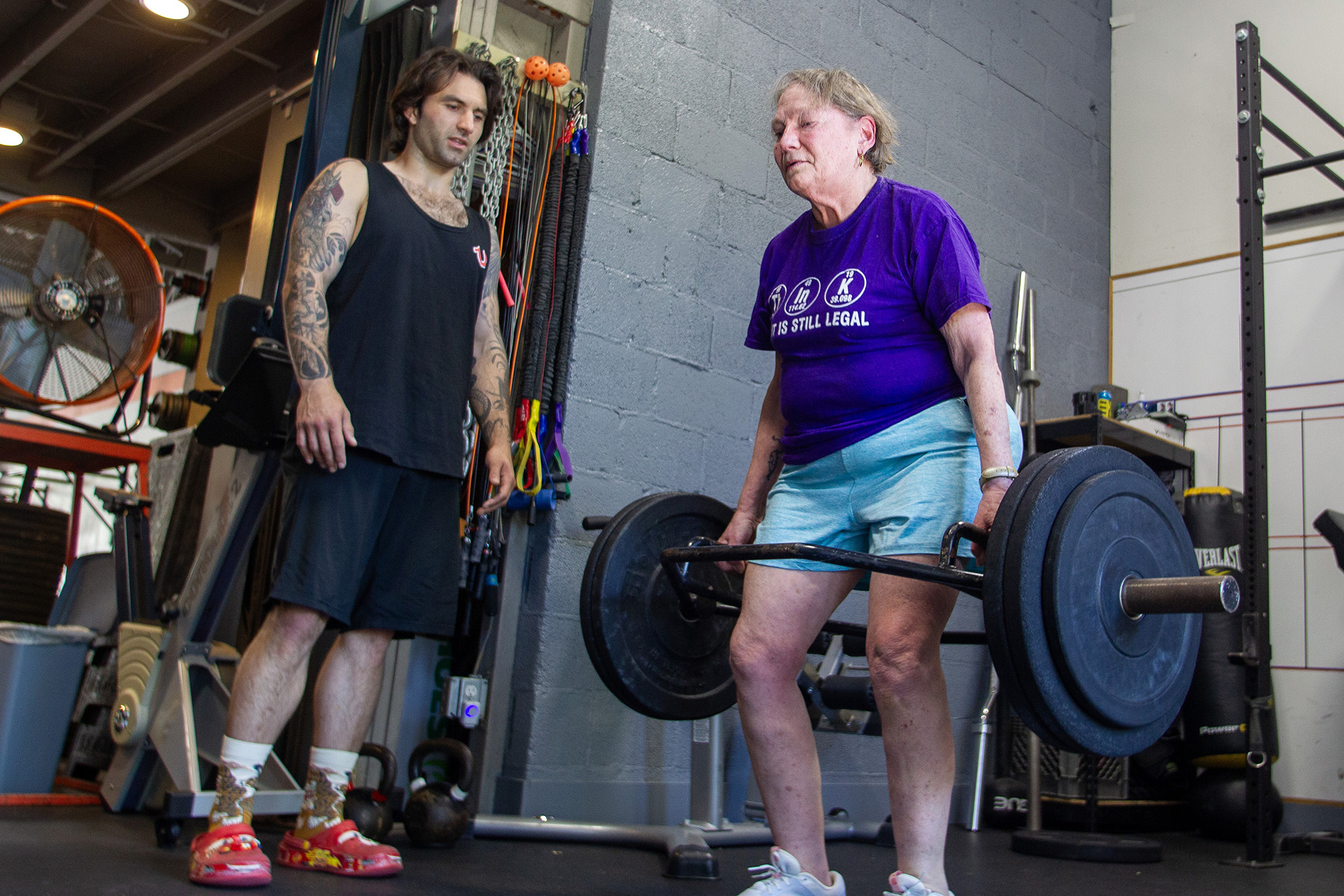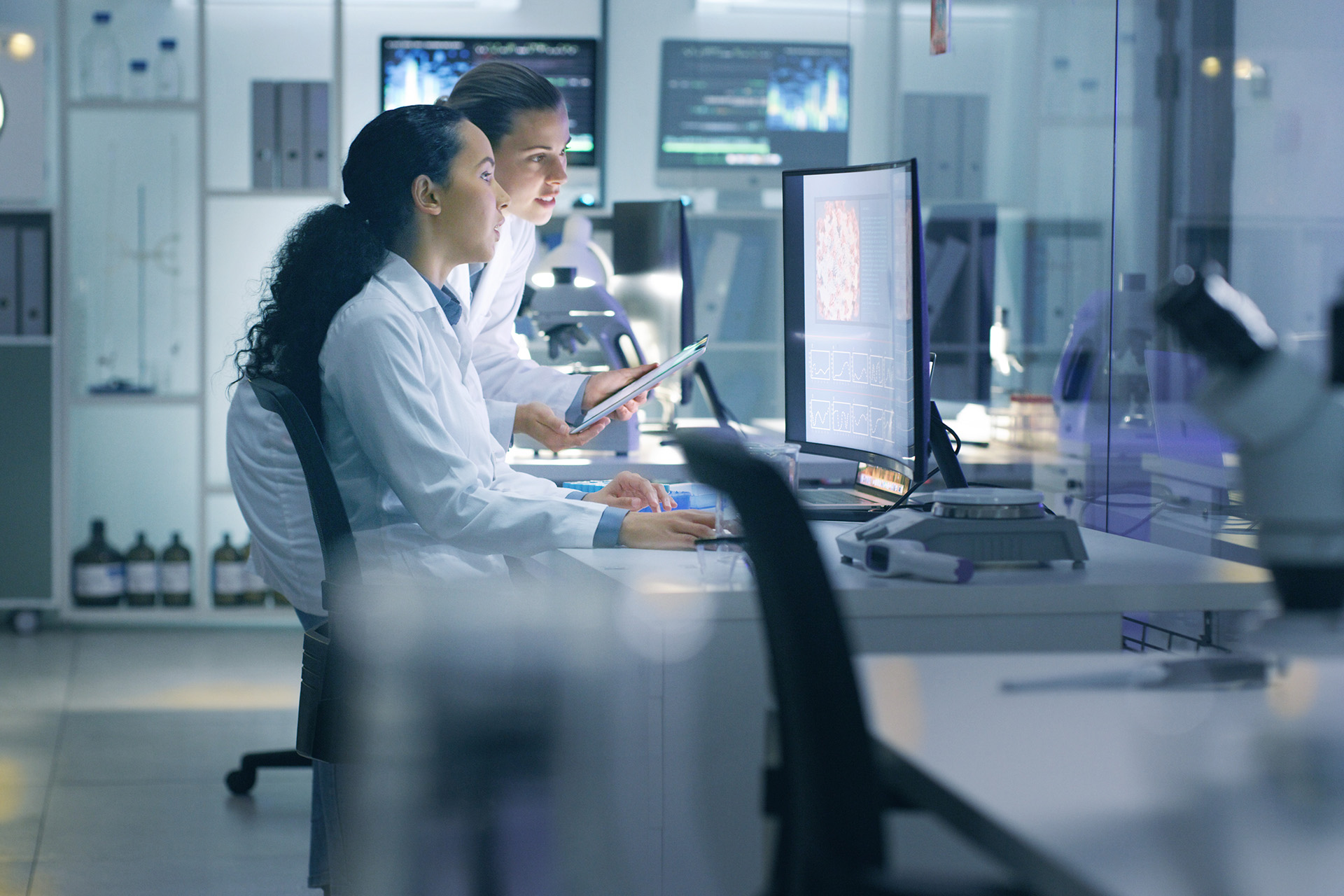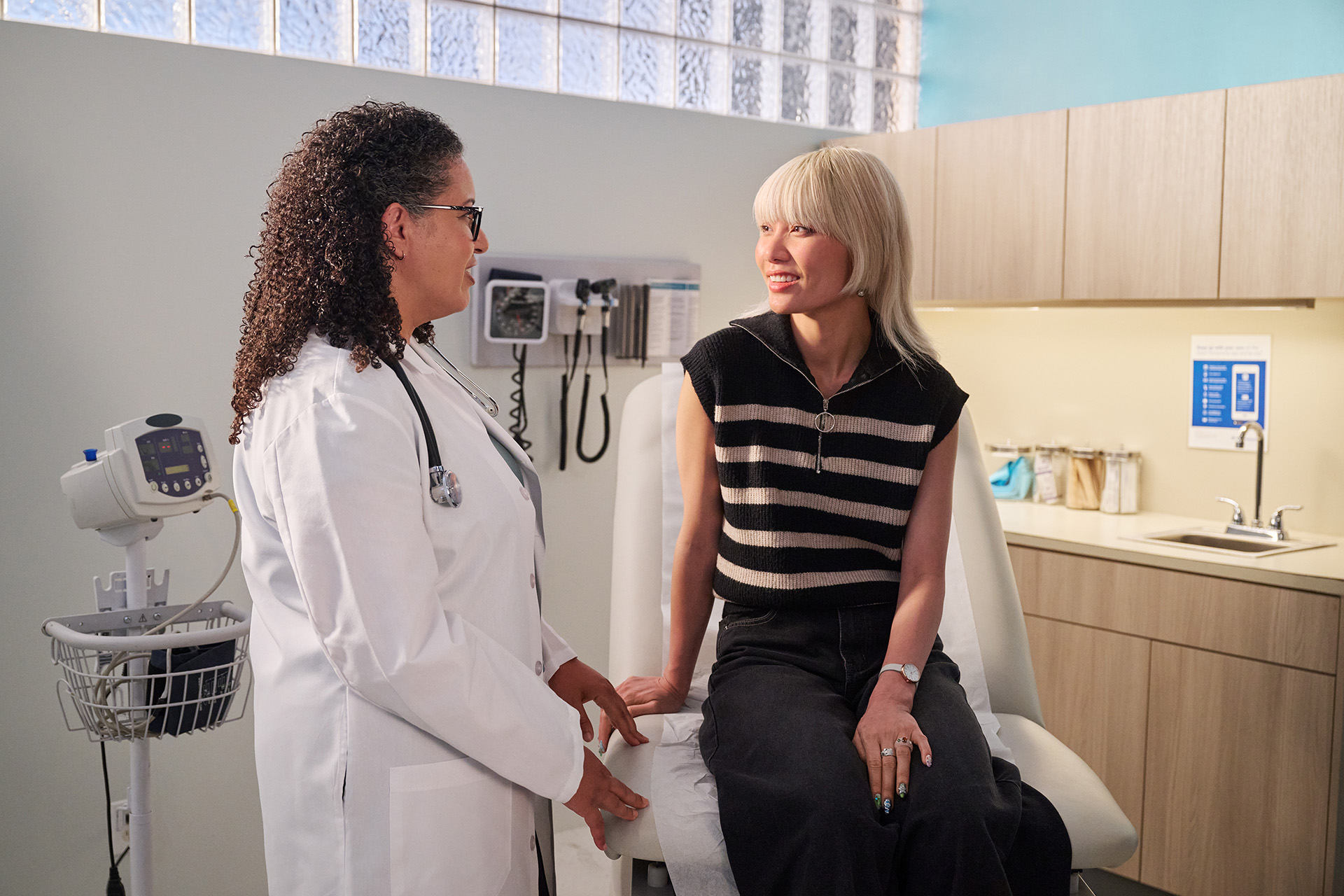Kathy Judkins’ health crisis may be best told in numbers.
It began in April 2021 with the discovery of a 22-centimeter malignant fibrous tumor near Judkins’ left lung. The tumor was spotted in an X-ray and swiftly biopsied by Michelle Berry, MD, a radiology interventionist at Kaiser Permanente San Francisco.
In just 10 days, Jeffrey Velotta, MD, a Kaiser Permanente thoracic surgeon, performed the 4-hour thoracotomy and tumor resection surgery at Kaiser Permanente Oakland, the region’s largest of 4 specialty care centers for thoracic surgery.
Dr. Velotta described the tumor as “the biggest I have ever seen.”
Hidden within her, that tumor was blocking 90% of Judkin’s left lung and had started to impact the right. That’s why the physically fit teacher had first presented at Kaiser Permanente San Francisco with chest pain and shortness of breath. At 70, she had probably had the slow-growing tumor most of her life.
“Dr. Velotta is extraordinary,” Judkins said. “He explained everything to me, and went above and beyond before and after my surgery.”
But Judkins’ health scare was not over yet.
A second emergency
Judkins’ fibrous tumor is so rare it occurs in fewer than 1,000 people worldwide, said Dr. Velotta.
The size and spread, and the difficulty of removing it, are what can be fatal. But Judkins’ surgery was a success.
Two days later, on a Saturday morning, Judkins was getting ready to go home. When she began to speak to her nurses, though, her speech was garbled. They recognized the signs — and immediately called an alert for Judkins to be rushed in for a CT scan, which confirmed an acute stroke.
“My nurses helped me to understand what I was going through then and there. They kept me calm, and told me they would take care of me,” Judkins said. “Having a stroke is such a strange experience, because you think you are making sense, but you are not.”
Kaiser Permanente’s integrated system kicked into gear quickly. An ambulance was called and the care team at the Oakland Medical Center alerted Kaiser Permanente Redwood City’s specialty care center for stroke that a patient was on her way.
“Door to door, I went from one medical center to the other in just one hour,” Judkins said.
Within the next 3 hours at the Redwood City Medical Center, Daniel Hsu, MD, discussed the case with Dr. Velotta before removing a clot through Judkin’s arteries. Immediately after the procedure, Judkins had returned to normal functioning and was transferred back to Kaiser Permanente Oakland the next day. Two days later, she was well enough to be discharged home.
“Kathy’s story illustrated that at Kaiser Permanente you get rapid, personalized, coordinated care 7 days a week, and that our large system results in the best care for any medical emergency,” said Dr. Velotta.
Life today
Recuperating at home in San Francisco, Judkins thrived under the care of Sean, her devoted son.
Today, she has a 13-inch scar from the surgery but does not need any medication, radiation, or chemotherapy. Regular screenings are managed by Amy Nelson, MD, her oncologist at Kaiser Permanente San Francisco. She’s also back to hiking and swimming, teaching full time, and enjoying her passion of selling costumes and textiles to museums and private collectors.
“The reason I felt I needed to tell my story was that Kaiser Permanente saved my life not once, but twice,” Judkins said.
She has one last, staggering number to share.
“I counted up at one point the number of people who cared for me at Kaiser Permanente — from physicians, nurses, and physicians assistants, to anesthesiologists, acupuncturists, and physical therapists. It was 80 people who helped get me well, and every one of them was incredible.”





Comments (3)
Dr. Jeffrey Velotta is a hero, a superstar, and an excellent representation of Kaiser Permanente’s mission.
I had the same experience at Kaiser San Francisco. I was rushed to the hospital by a friend with what I thought was a heart attack. It turned out to be stress-induced cardiomyopathy. I was observed a few days in the cardio ward and was getting ready to go home when my heart went into fibrillation. I was ok the next day and when I was getting ready to go home I had a stroke. I was immediately transferred to a room in the hospital where I was given an intravenous blood thinner, then transferred to the stroke ward in Redwood City. I had the same procedure as the women above at the stroke center and recovered fully that night. I went back to San Francisco where I was discharged after a day of observation. I have no residual effects from the stroke or heart episode. Thank you to all the doctors, nurses, and staff at Kaiser.
Thanks for sharing this wonderfully ending story. Wishing best of health going forward to Kathy!
Comments are closed.